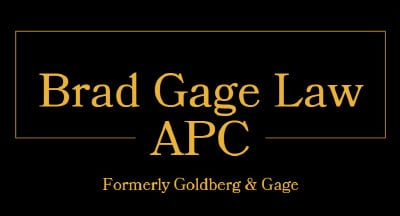Pinterest has agreed to settle claims of gender discrimination by a former chief operating officer for $22.5 million. Of that, $2.5 will ultimately go to support women and minorities in the tech industry, but the rest belongs to the plaintiff and her attorneys.
What happened at Pinterest to lead to this settlement?
The female COO claims that she was repeatedly excluded from important meetings and a company trip and was paid less than her male counterparts. When she got feedback on her work, it was couched in gendered terms. When she spoke up, she was fired.
This isn’t the first time that Pinterest has faced allegations of discrimination or other workplace abuses. Others have accused the company of racism and sexism in the past, along with retaliation whenever problems were brought to the attention of those higher up on the corporate ladder.
What are the advantages of settling out of court?
Settling out of court can be viewed as a “win-win” for both parties to these kinds of lawsuits. It allows the company to avoid admitting its culpability — which could then be used against it in other cases. It may also keep a lot of the dirty details from getting into the public eye, which could damage the corporation’s brand image.
For plaintiffs, the incentive to settle out of court is usually more pragmatic: The case is over, so they can move on with their lives, the uncertainty about any financial award is resolved and the actual award may be larger than what they might have gotten if they’d gone to court.
Cases like this are a reminder that discrimination can happen at any level of employment — even among executives. If you have been victimized by workplace discrimination, you can fight back. An attorney can help.
